The death penalty, otherwise called capital punishment, is an administration authorised practice whereby the State executes an individual as a punishment for a crime. The sentence requesting that somebody is penalised in such a way is alluded to as a death sentence, though the demonstration of such a sentence is known as an execution. A prisoner who has been sentenced to death and is anticipating execution is alluded to as condemned, and is said in certain nations to be on “death row”. Violations that are deserving of death are known as capital crimes, capital offences or capital felonies, and changes according to jurisdiction, yet in most of the circumstances involve heinous attacks, for example, murder, mass homicide, aggravated cases of rape, child assault, child sexual abuse, terrorism, treason, espionage, sedition, offences against the State, for example, endeavouring to overthrow the government, airplane hijacking, drug dealing, and drug possession, violations against humanity and slaughter, and sometimes, the cruelest act of recidivism and exasperated robbery. Deterrence is presumably the most generally communicated reason for the death penalty. The pith of the theory is that the danger of being executed later on will be adequate to make a critical number of individuals avoid from committing an appalling crime they had in any case planned. Deterrence isn’t mainly worried about the anticipation of further killing by a previously convicted death penalty defendant. That falls under the subject of incapacitation. Retentionists of Capital Punishment believe that capital punishment is essential to preserve stability in the world because it serves as a deterrent to potential offenders. In the beginning, public opinion was still in favour of capital punishment rather than life imprisonment. The objective of this research article is to find out whether death penalty is a problem or a punishment for society.
Death Penalty: A Punishment or Problem
The death penalty, otherwise called capital punishment, is an administration authorised practice whereby the State executes an individual as a punishment for a crime. The sentence requesting that somebody is penalised in such a way is alluded to as a death sentence, though the demonstration of such a sentence is known as an execution. A prisoner who has been sentenced to death and is anticipating execution is alluded to as condemned, and is said in certain nations to be on “death row”. Violations that are deserving of death are known as capital crimes, capital offences or capital felonies, and changes according to jurisdiction, yet in most of the circumstances involve heinous attacks, for example, murder, mass homicide, aggravated cases of rape, child assault, child sexual abuse, terrorism, treason, espionage, sedition, offences against the State, for example, endeavouring to overthrow the government, airplane hijacking, drug dealing, and drug possession, violations against humanity and slaughter, and sometimes, the cruelest act of recidivism and exasperated robbery. Deterrence is presumably the most generally communicated reason for the death penalty. The pith of the theory is that the danger of being executed later on will be adequate to make a critical number of individuals avoid from committing an appalling crime they had in any case planned. Deterrence isn’t mainly worried about the anticipation of further killing by a previously convicted death penalty defendant. That falls under the subject of incapacitation. Retentionists of Capital Punishment believe that capital punishment is essential to preserve stability in the world because it serves as a deterrent to potential offenders. In the beginning, public opinion was still in favour of capital punishment rather than life imprisonment. The objective of this research article is to find out whether death penalty is a problem or a punishment for society.

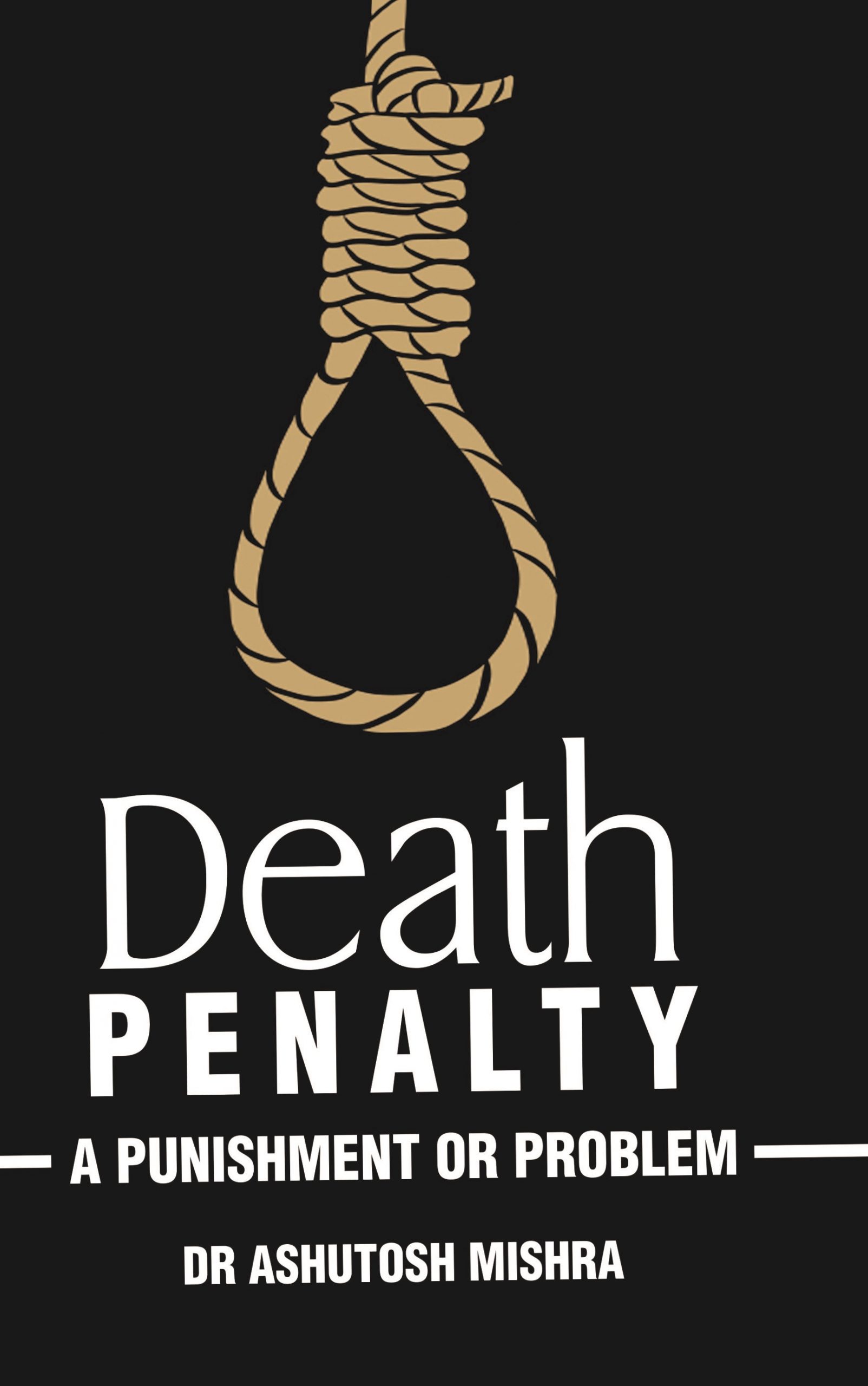

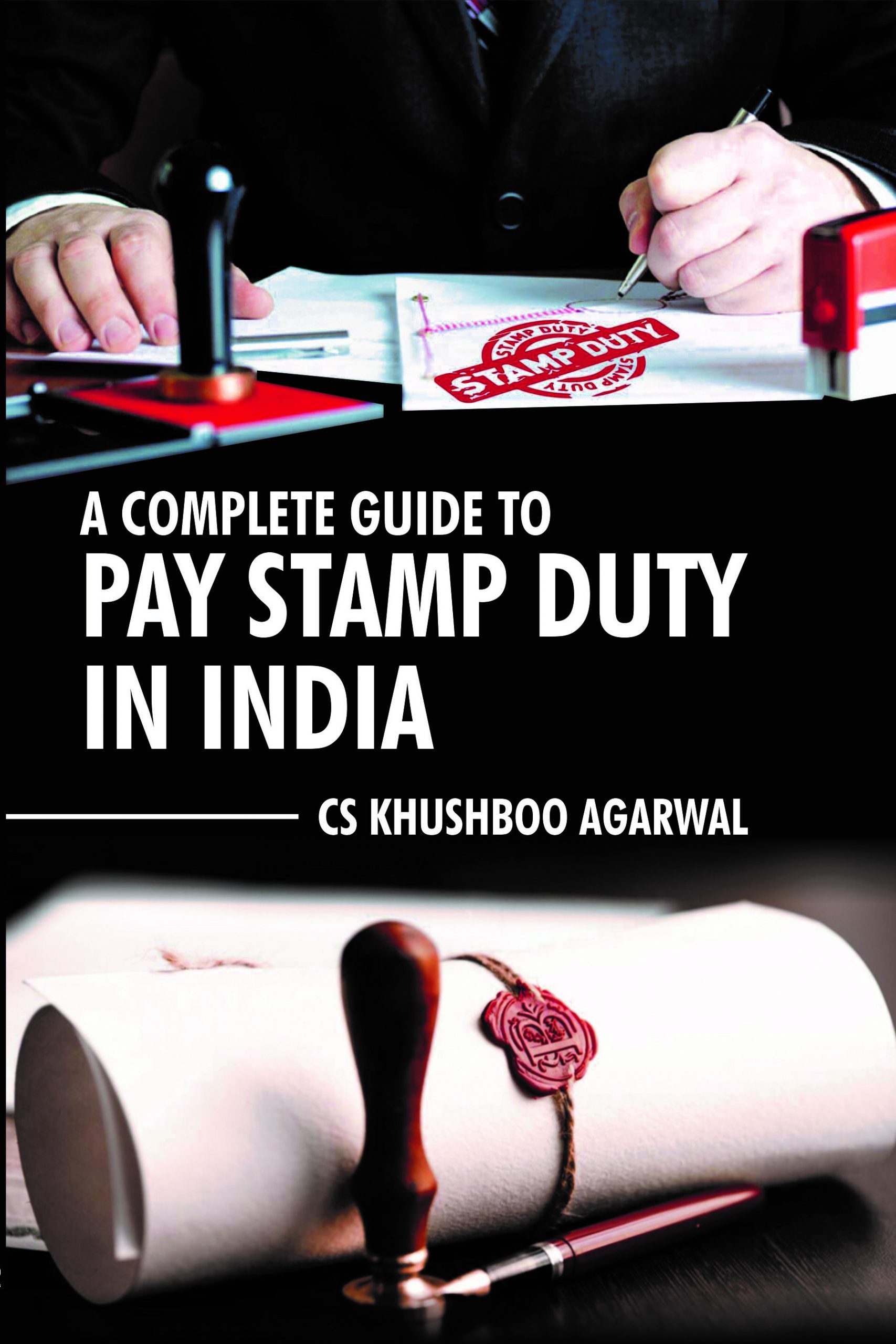
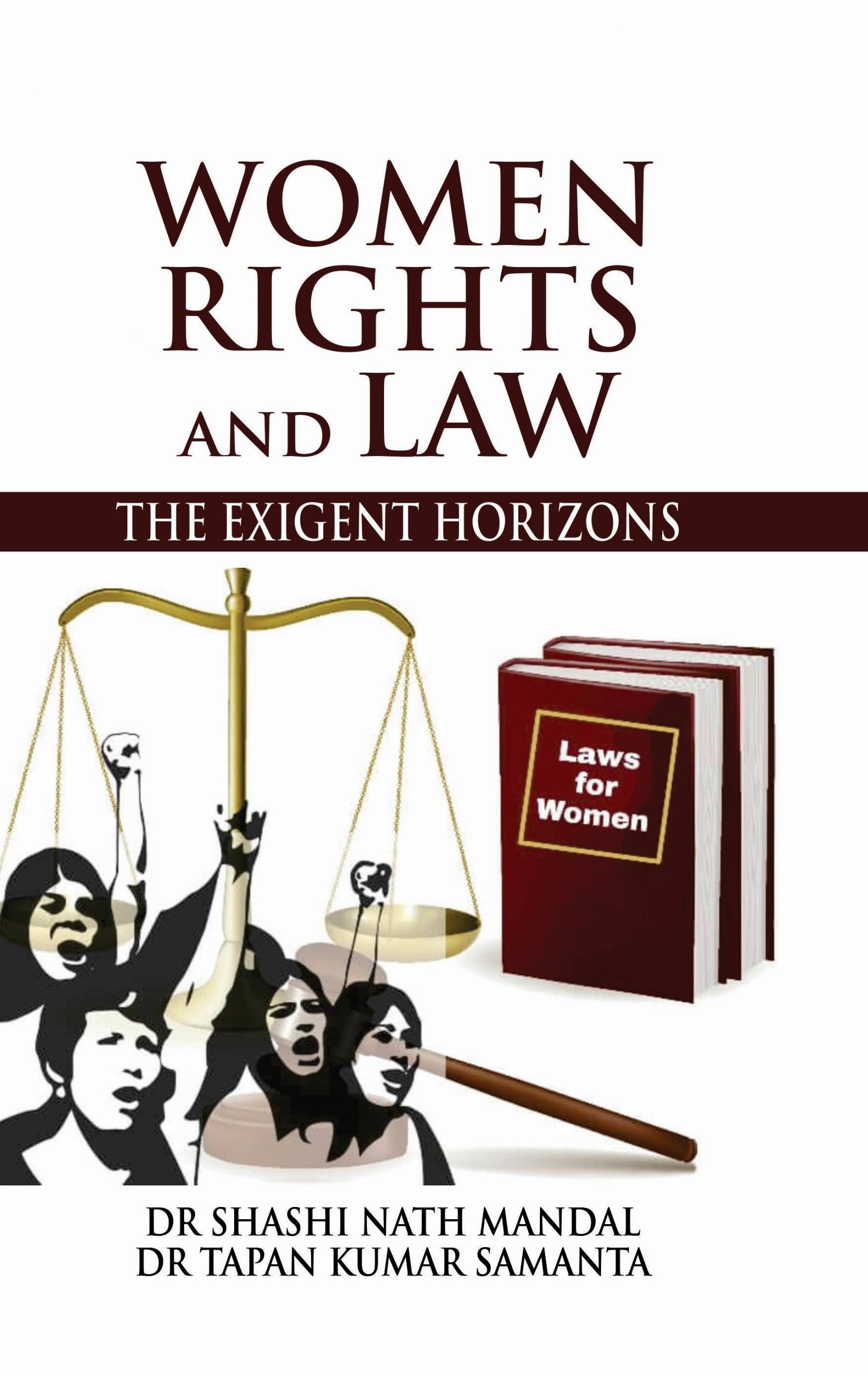
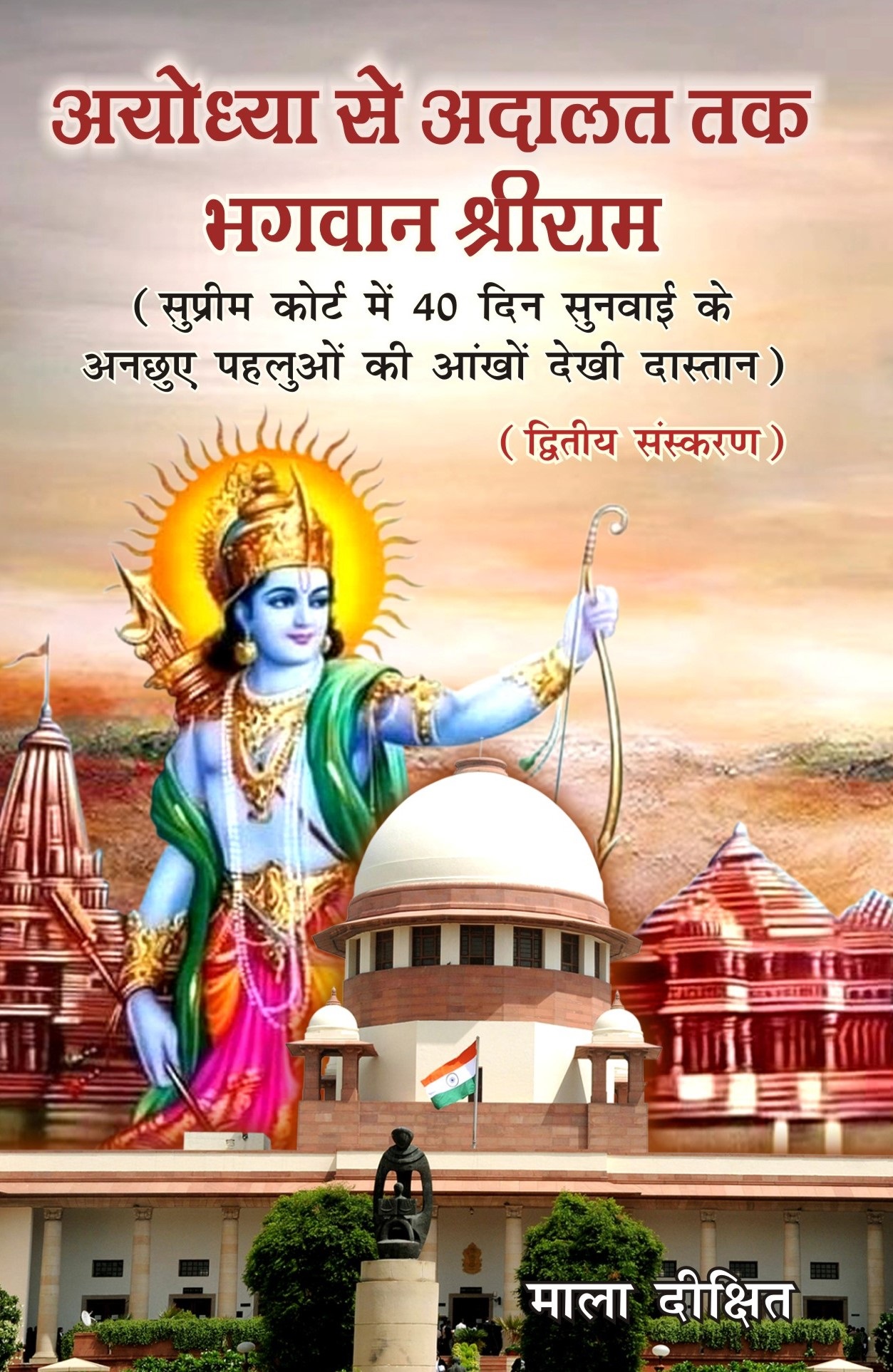

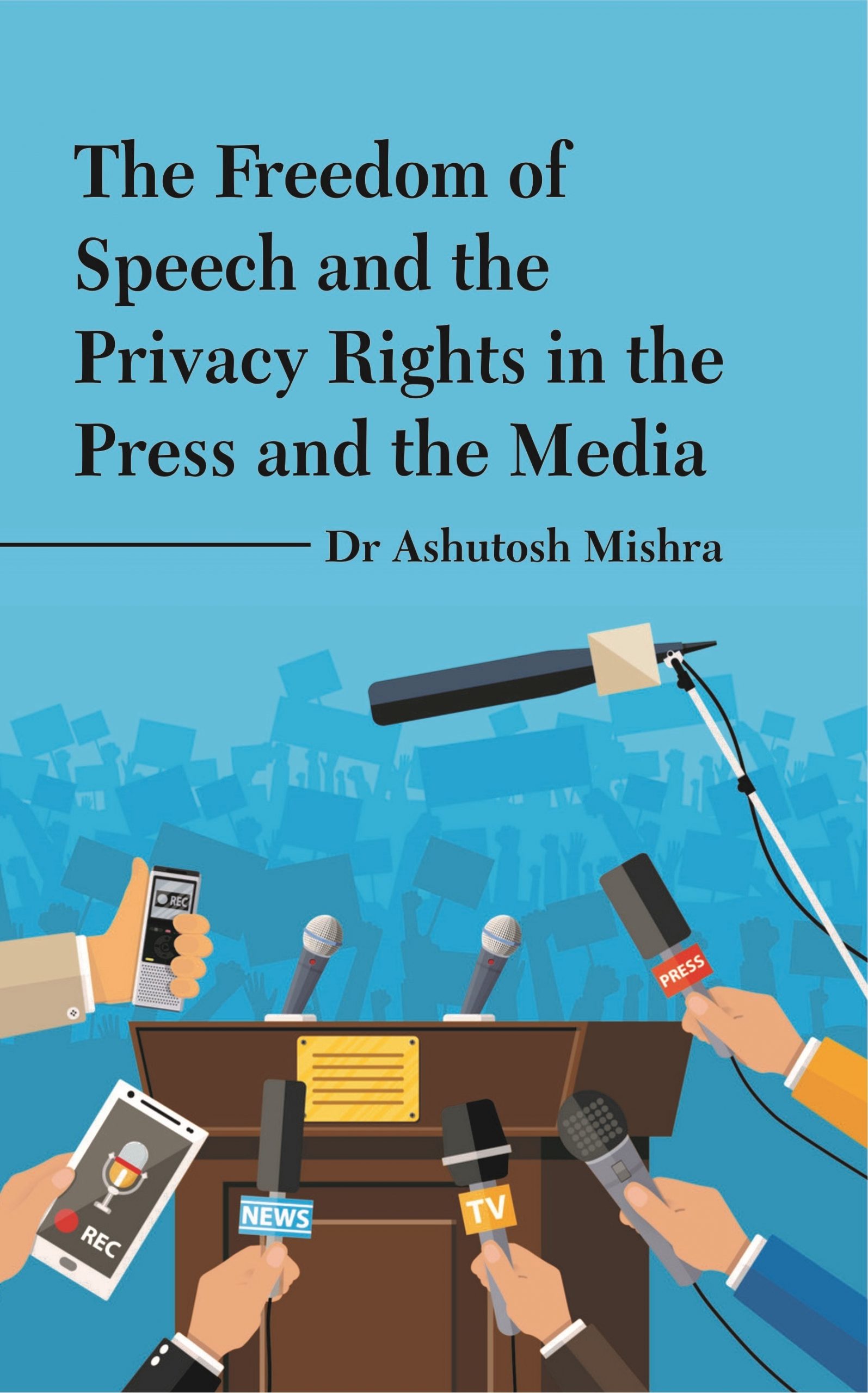
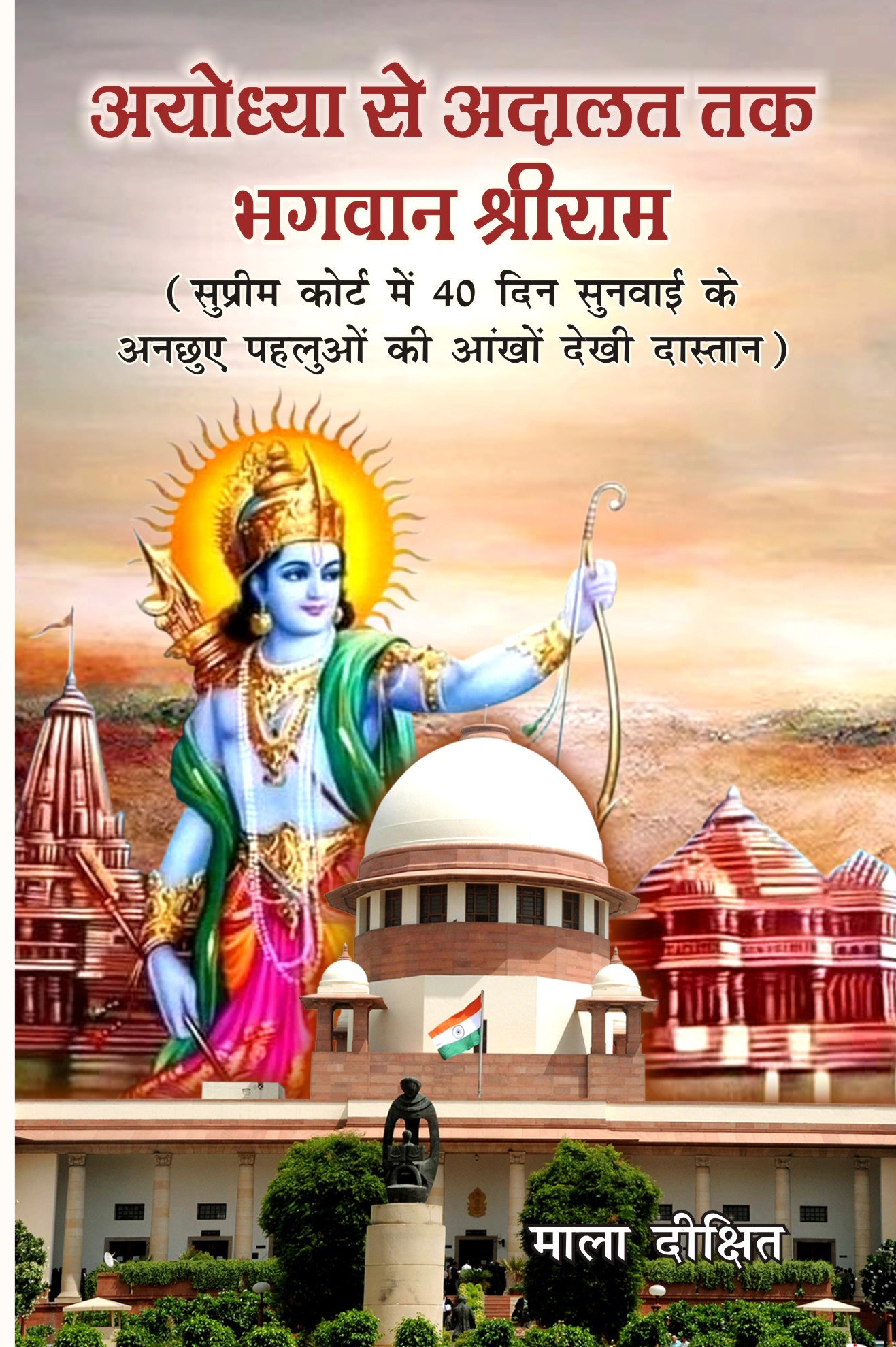
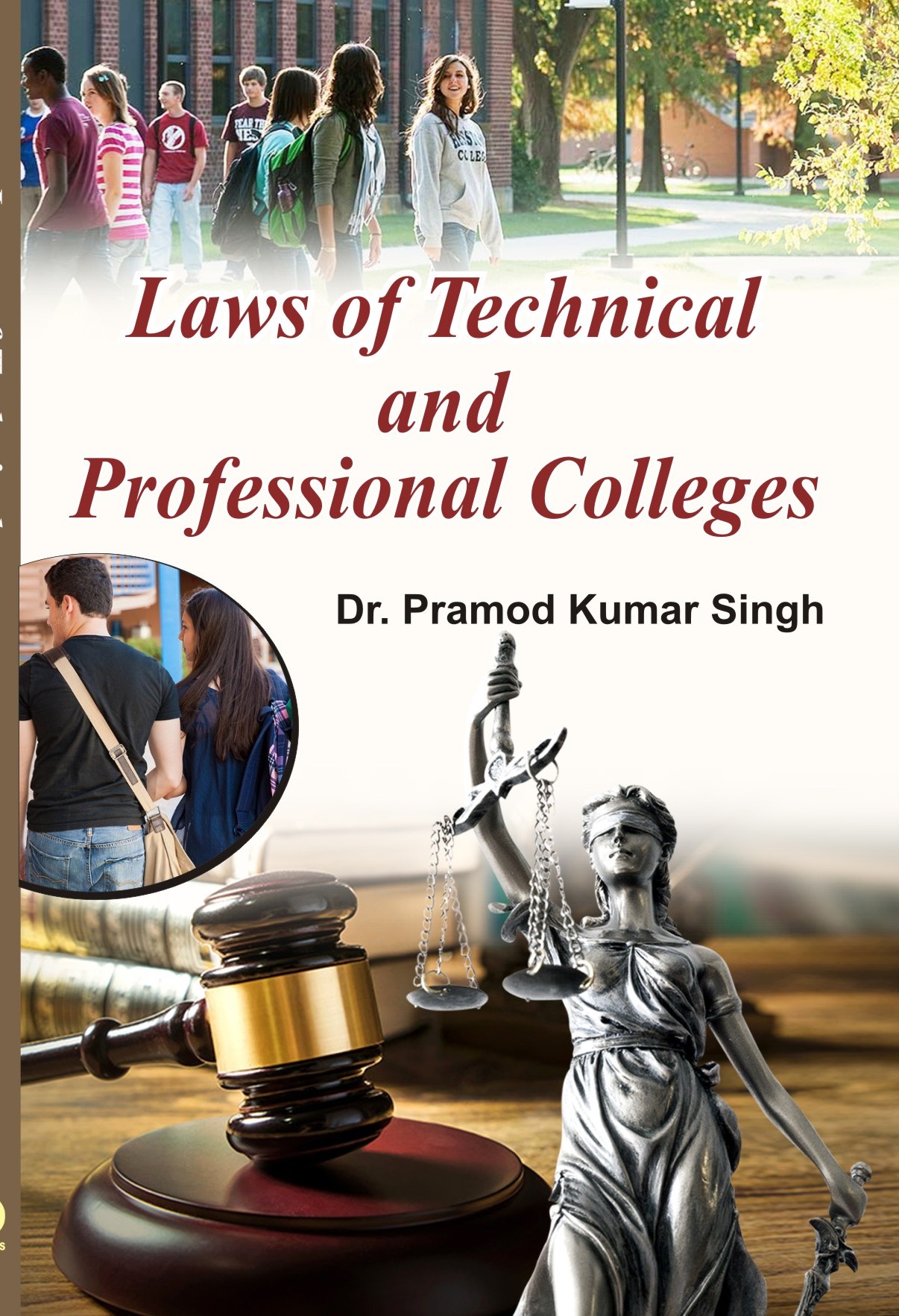
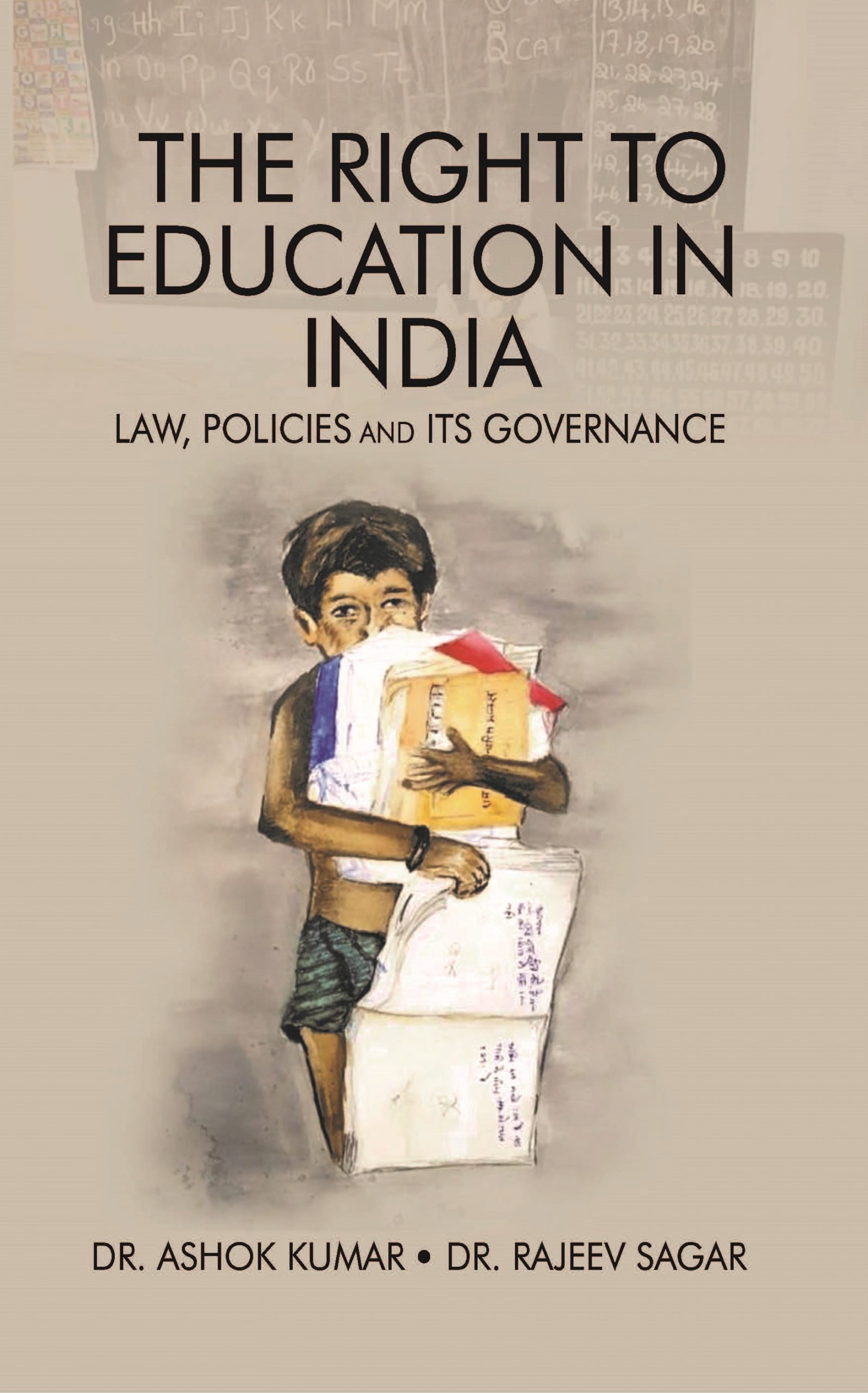
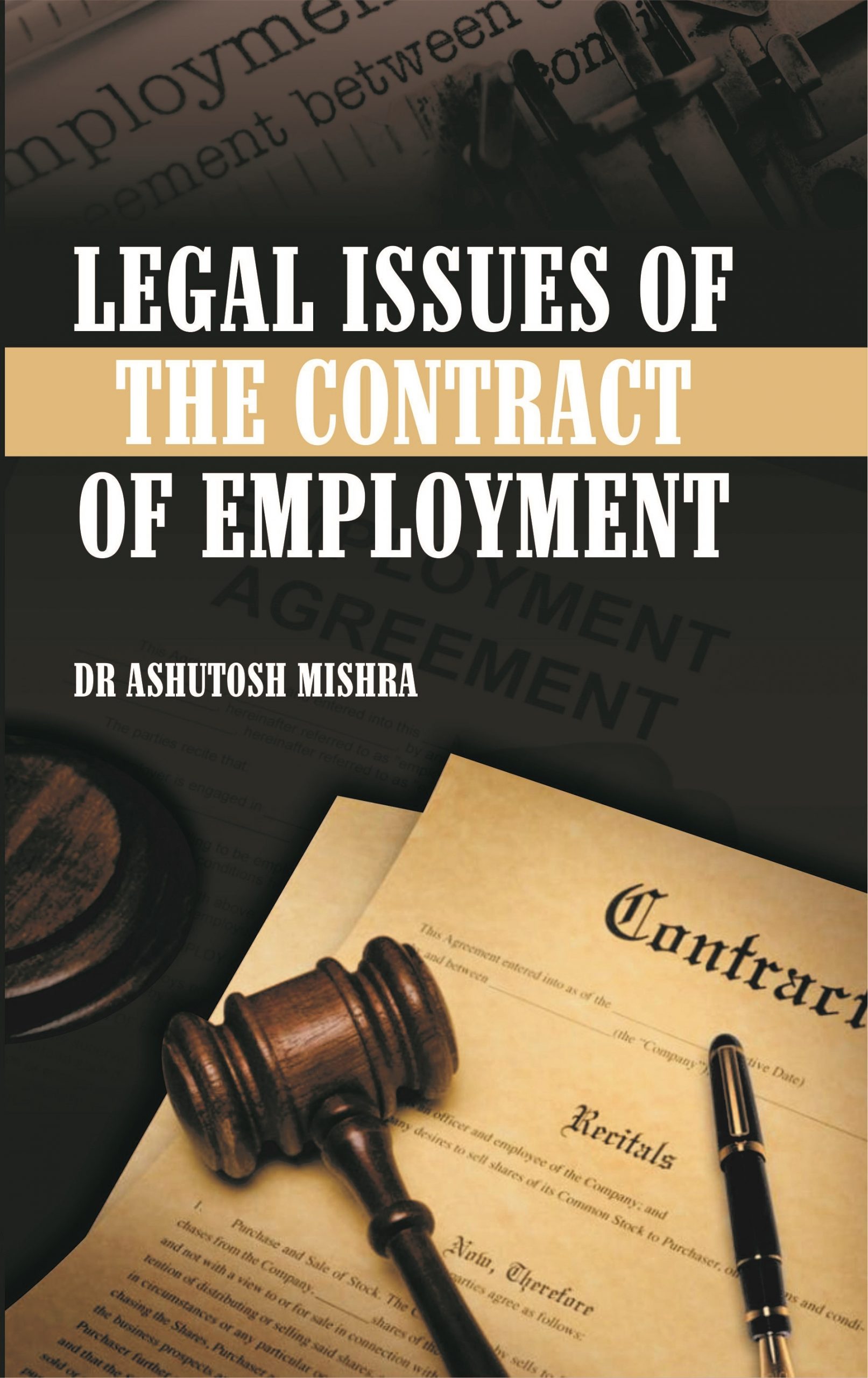
Reviews
There are no reviews yet.
Only logged in customers who have purchased this product may leave a review.